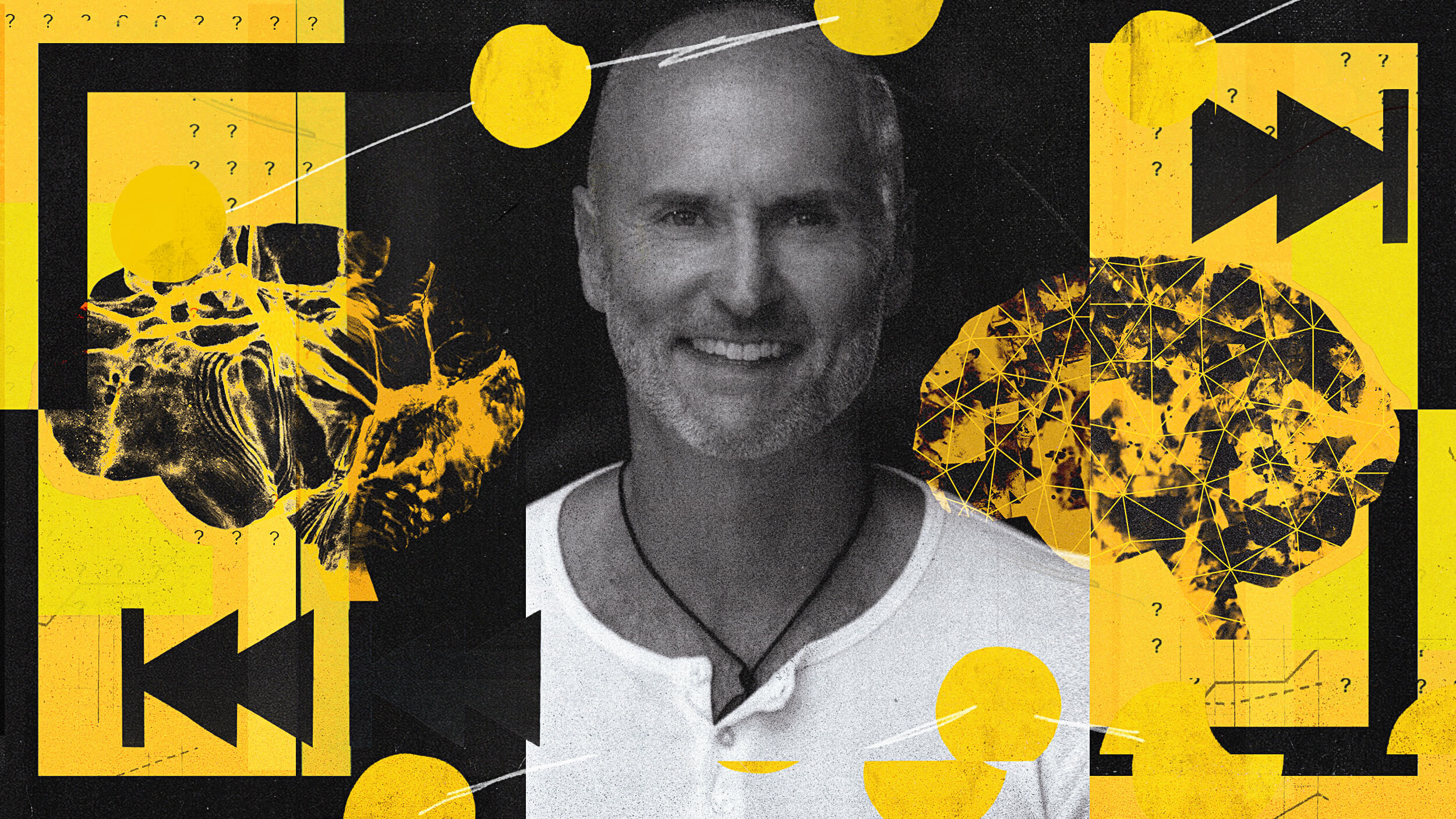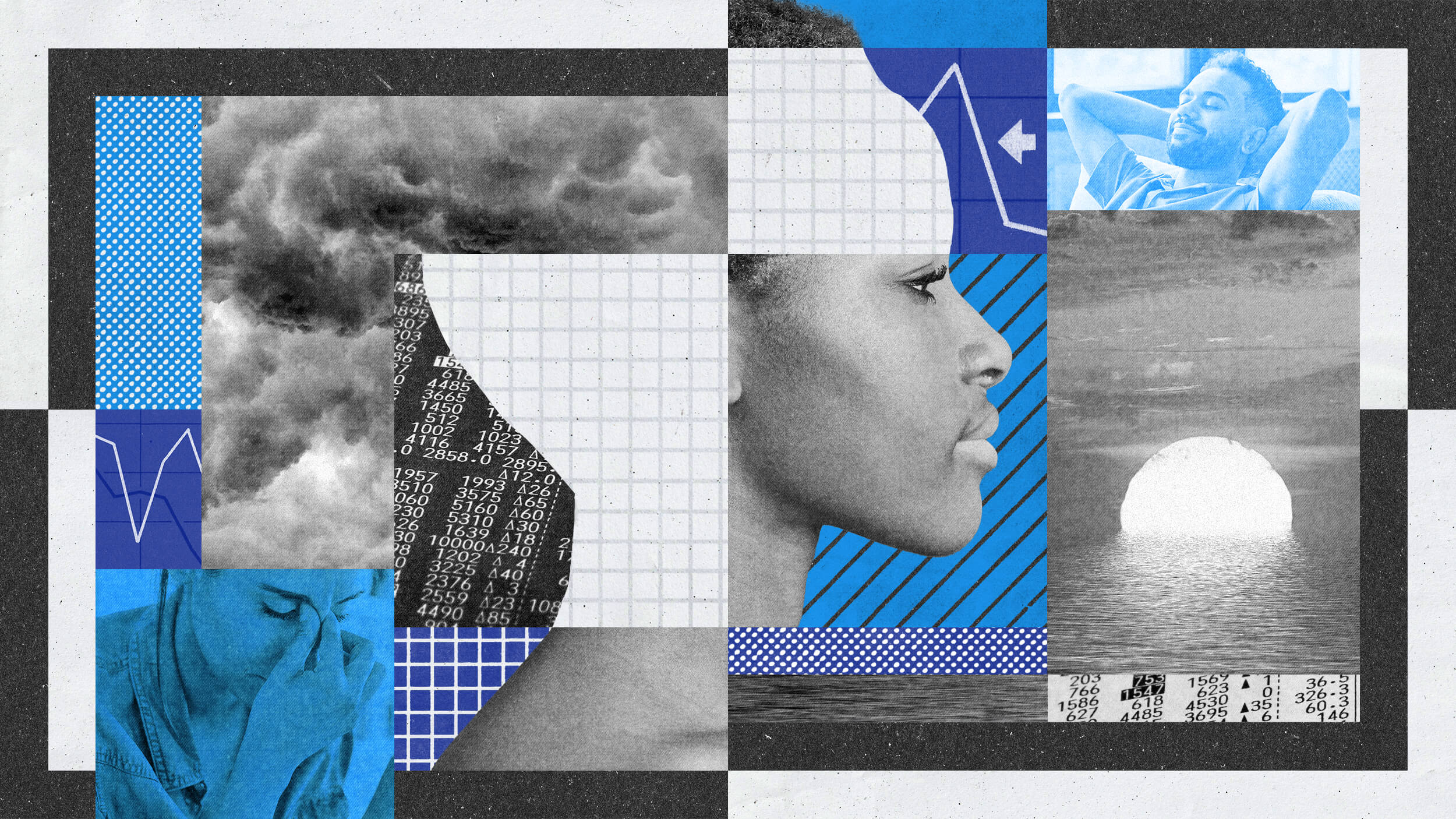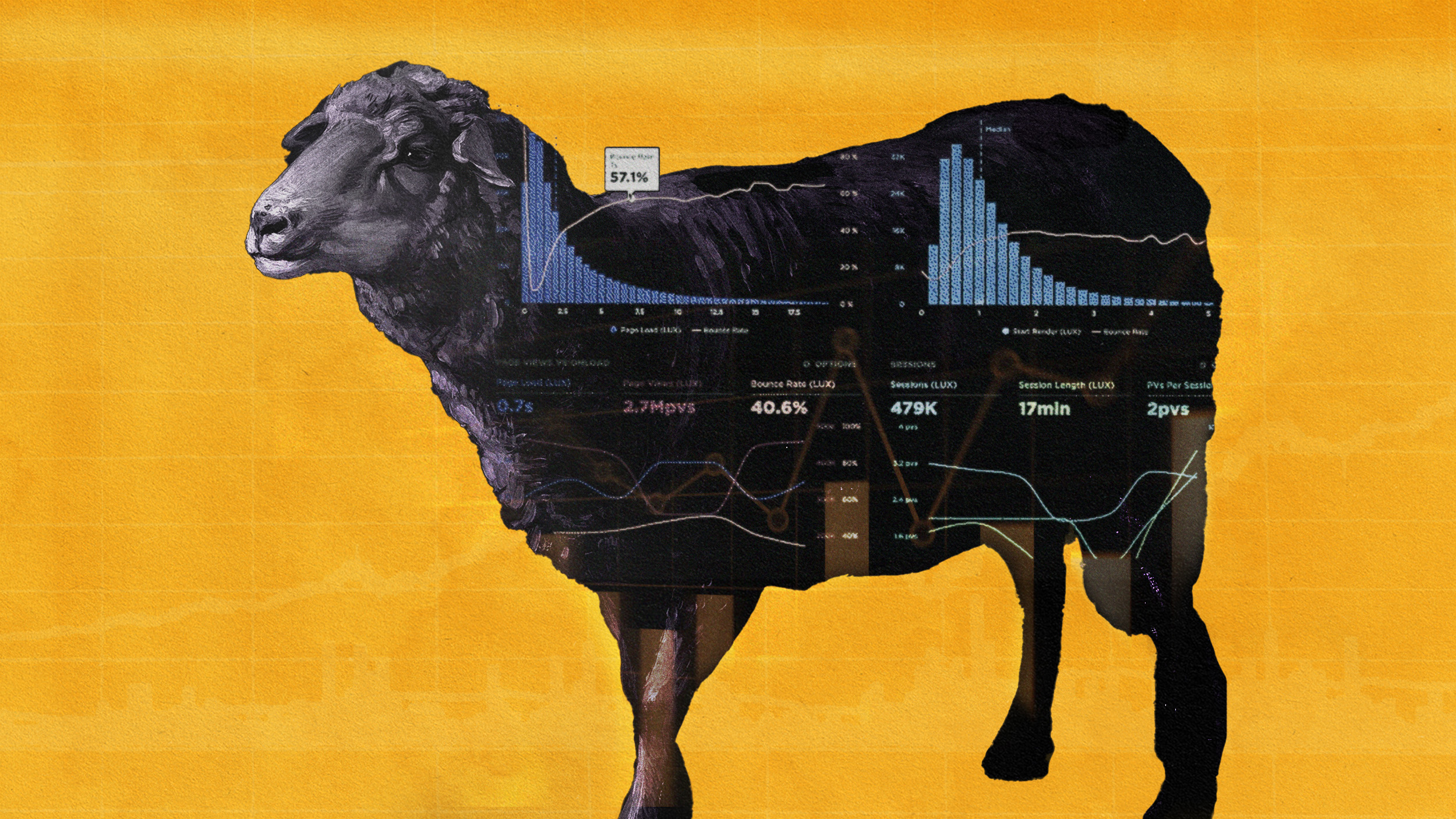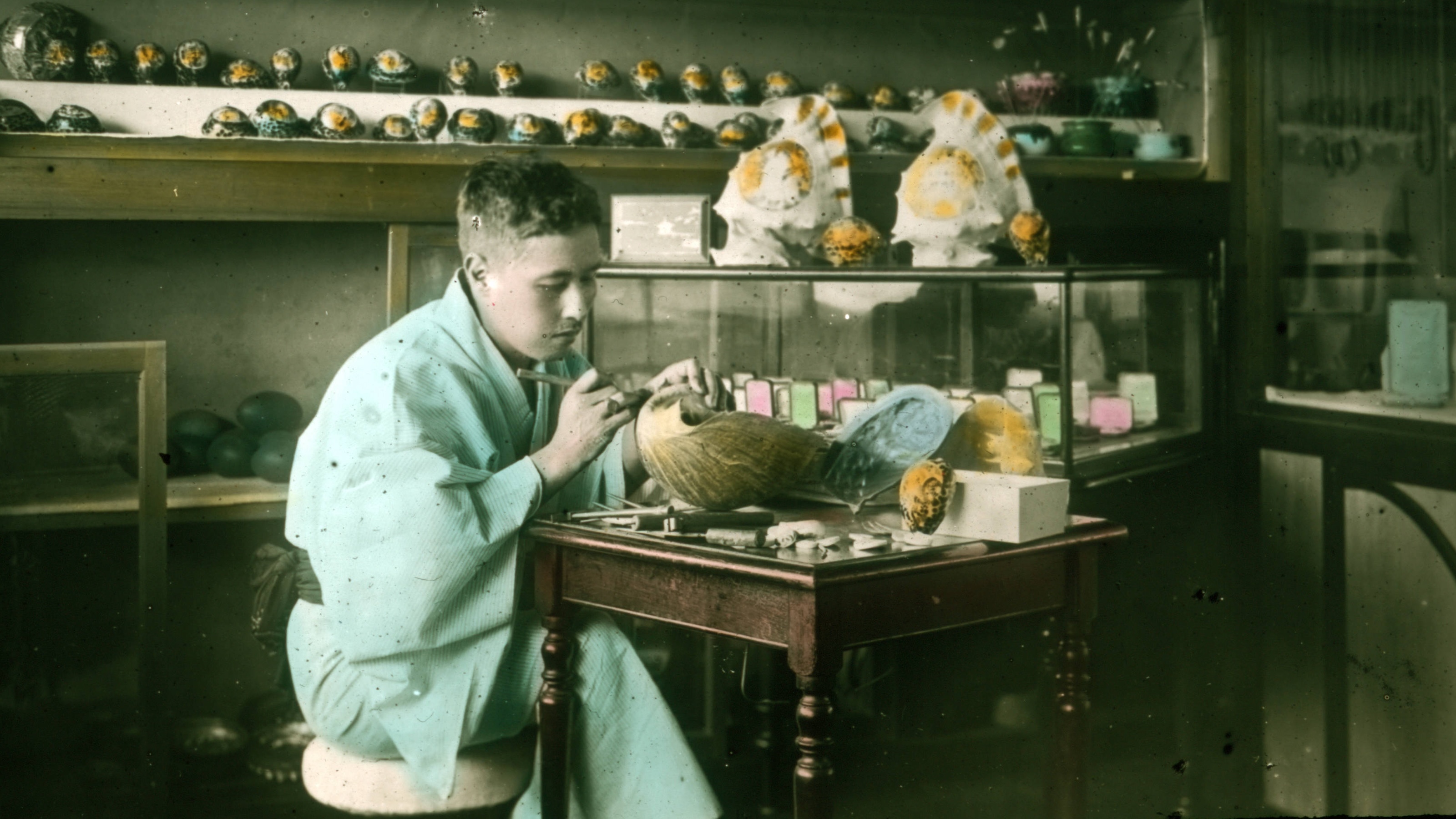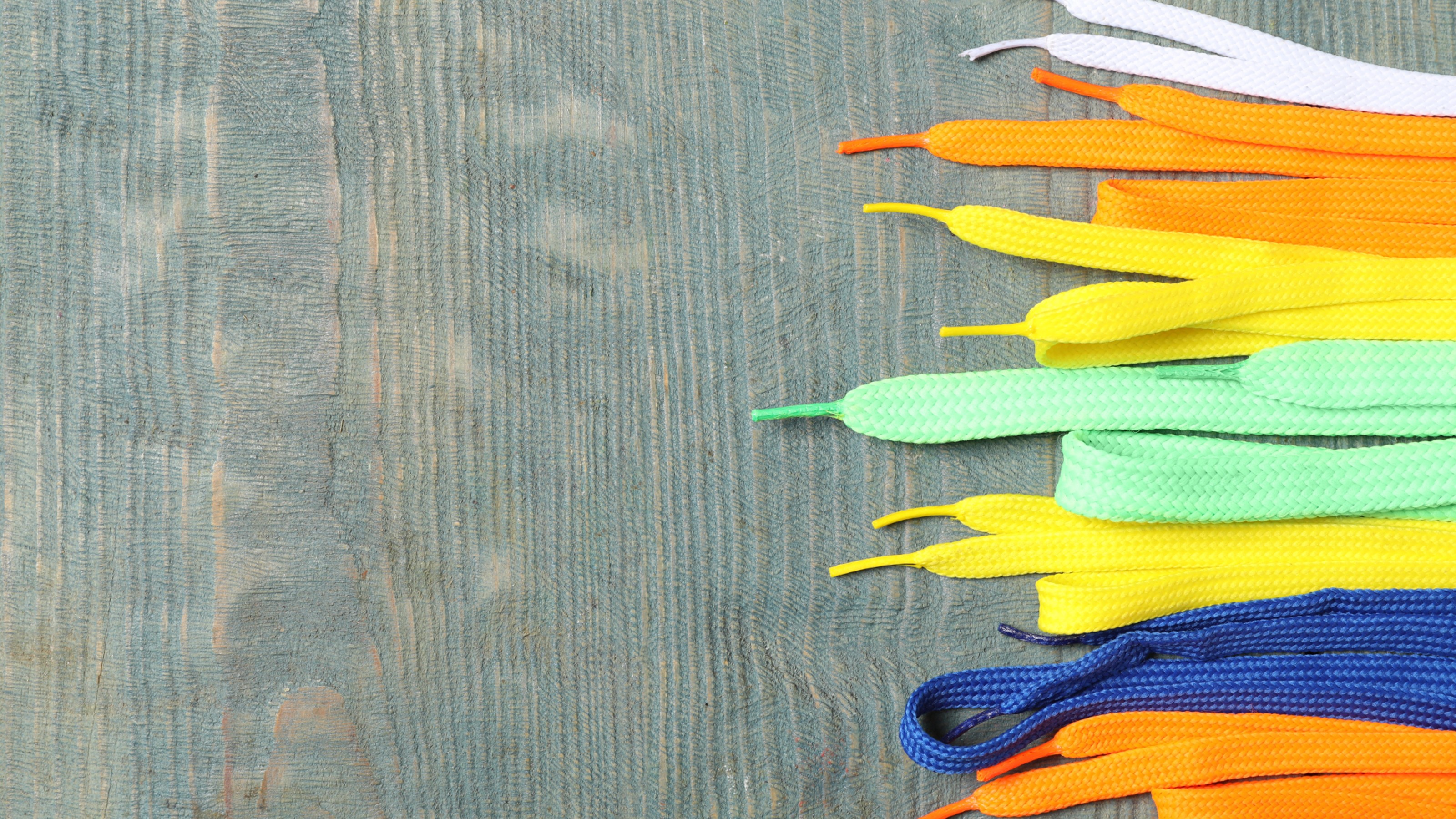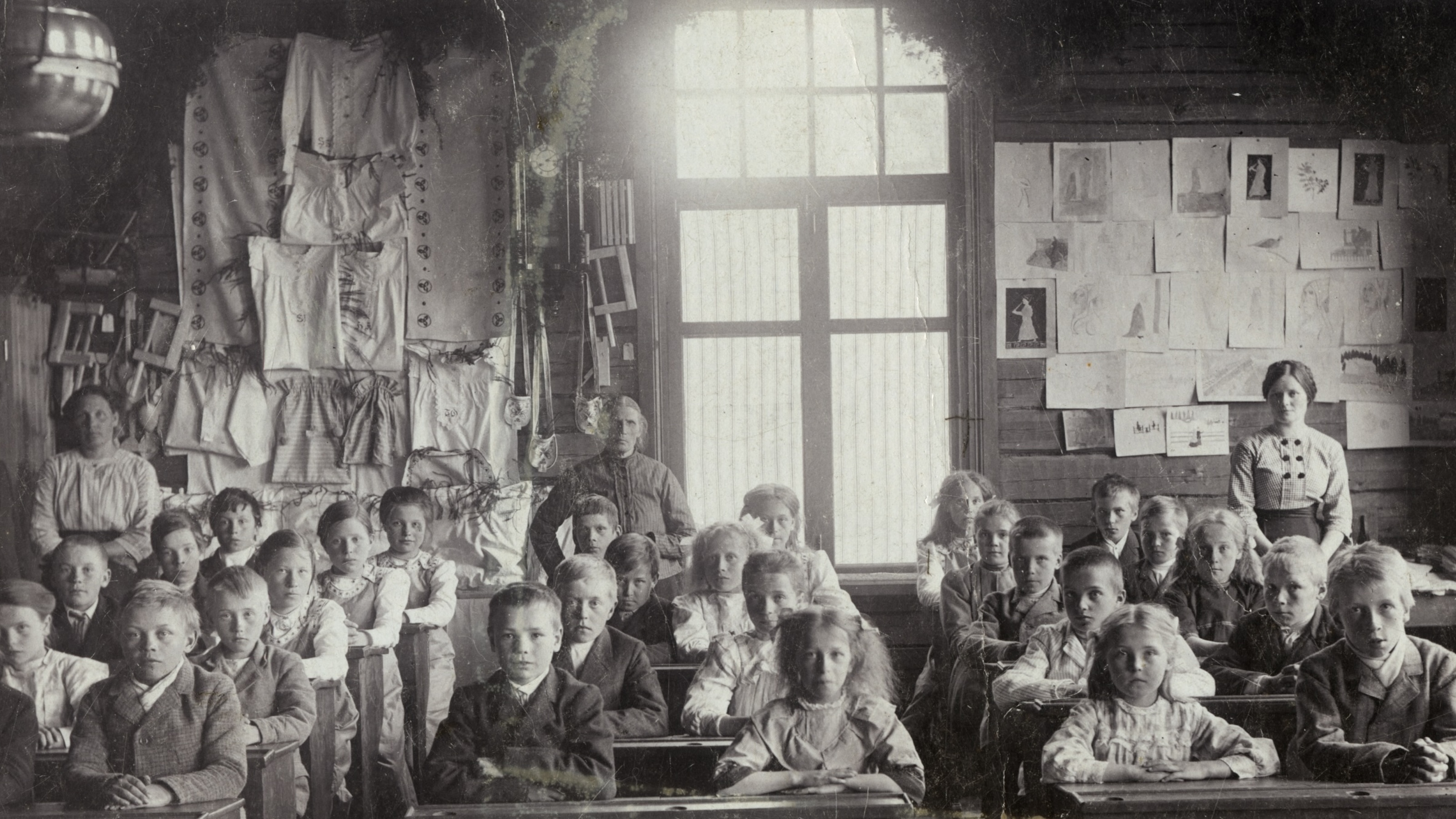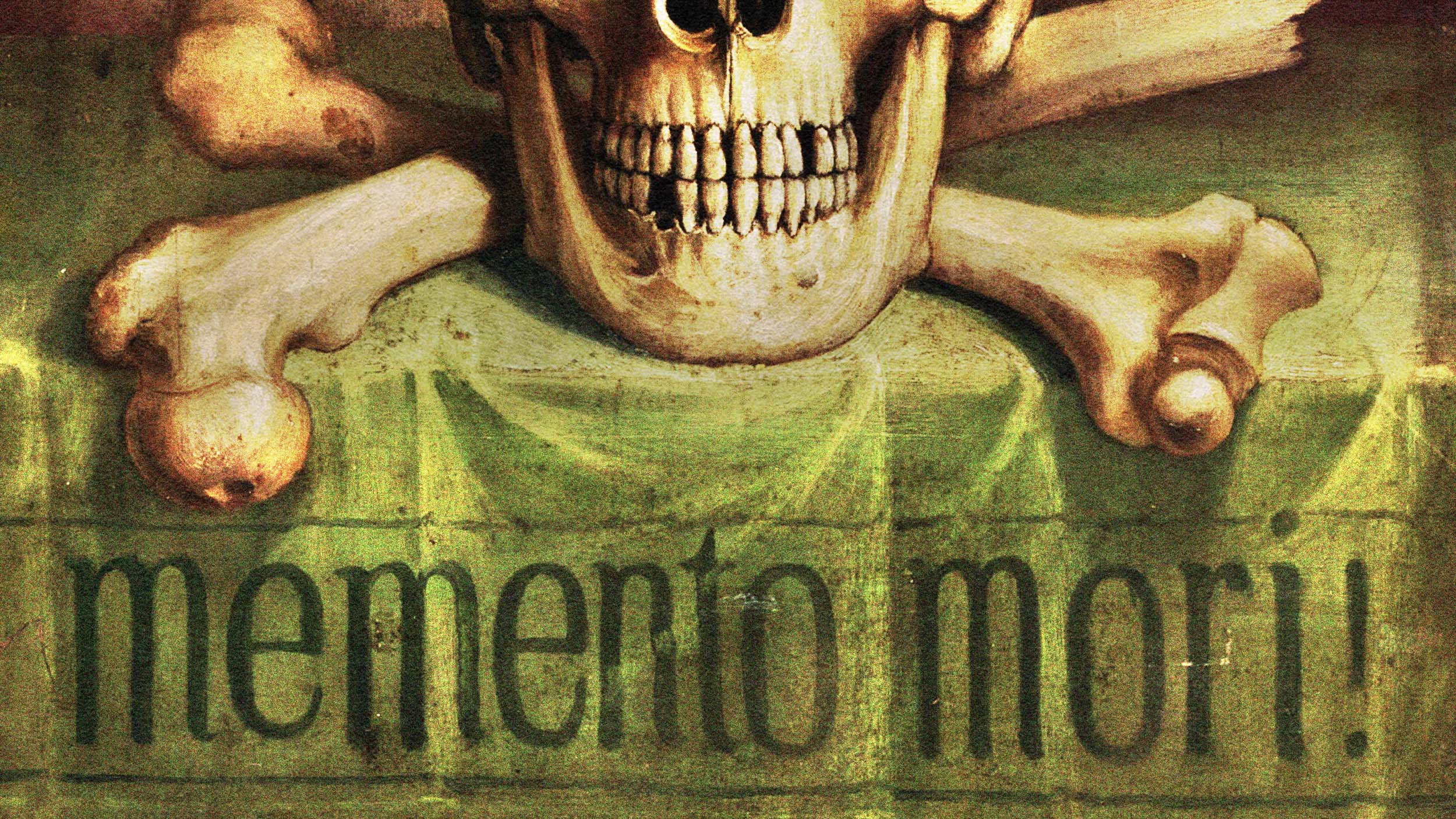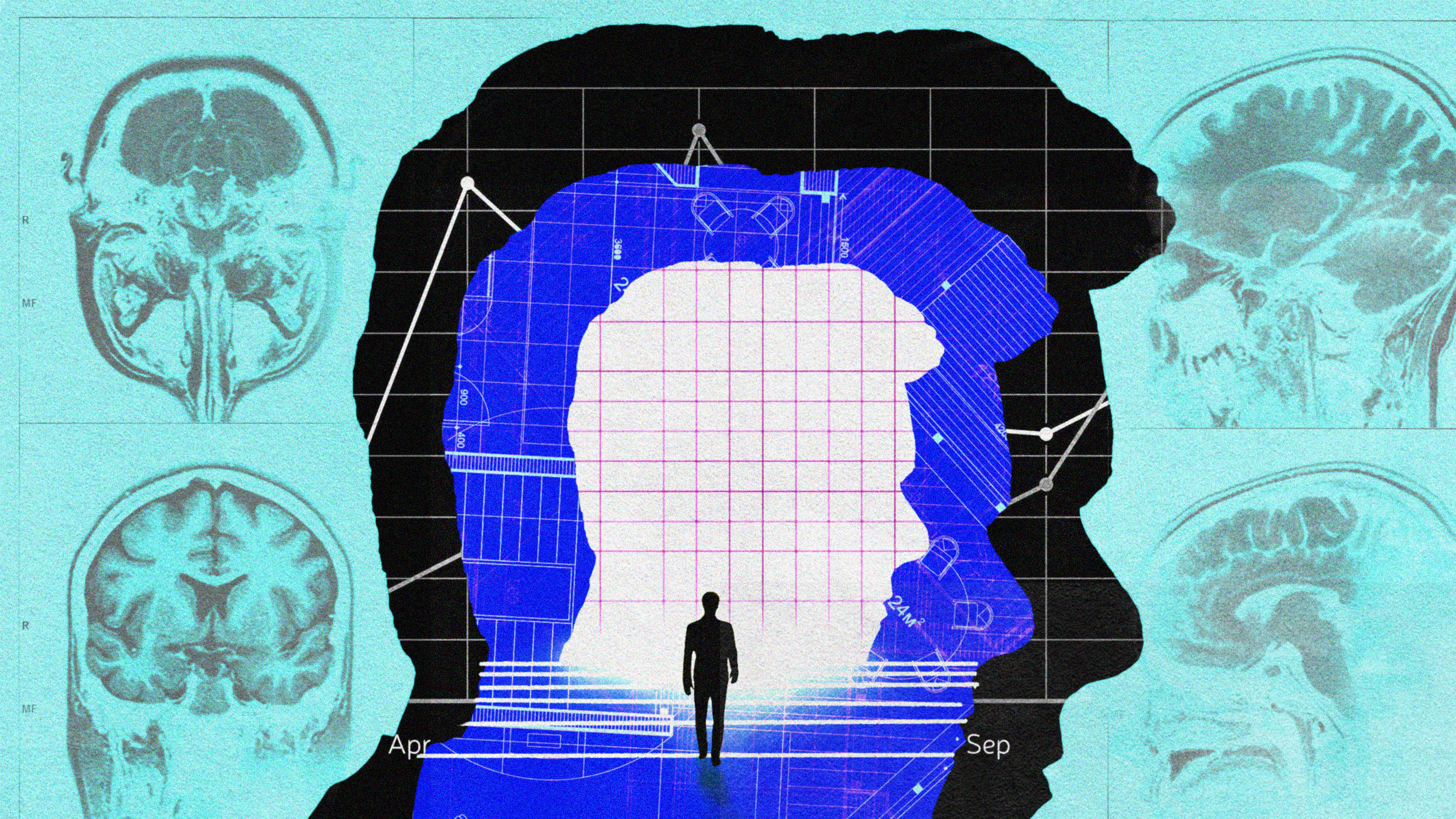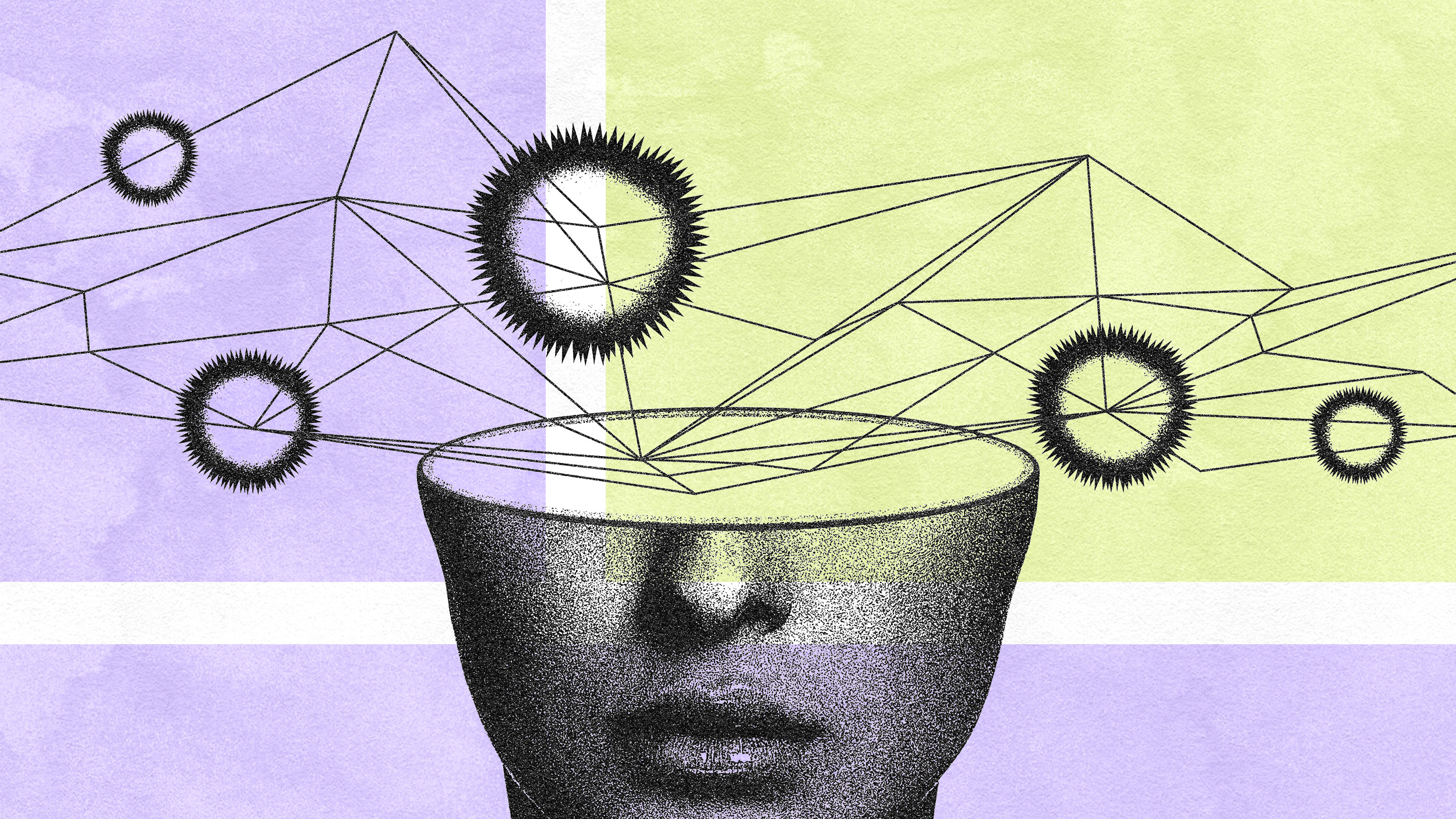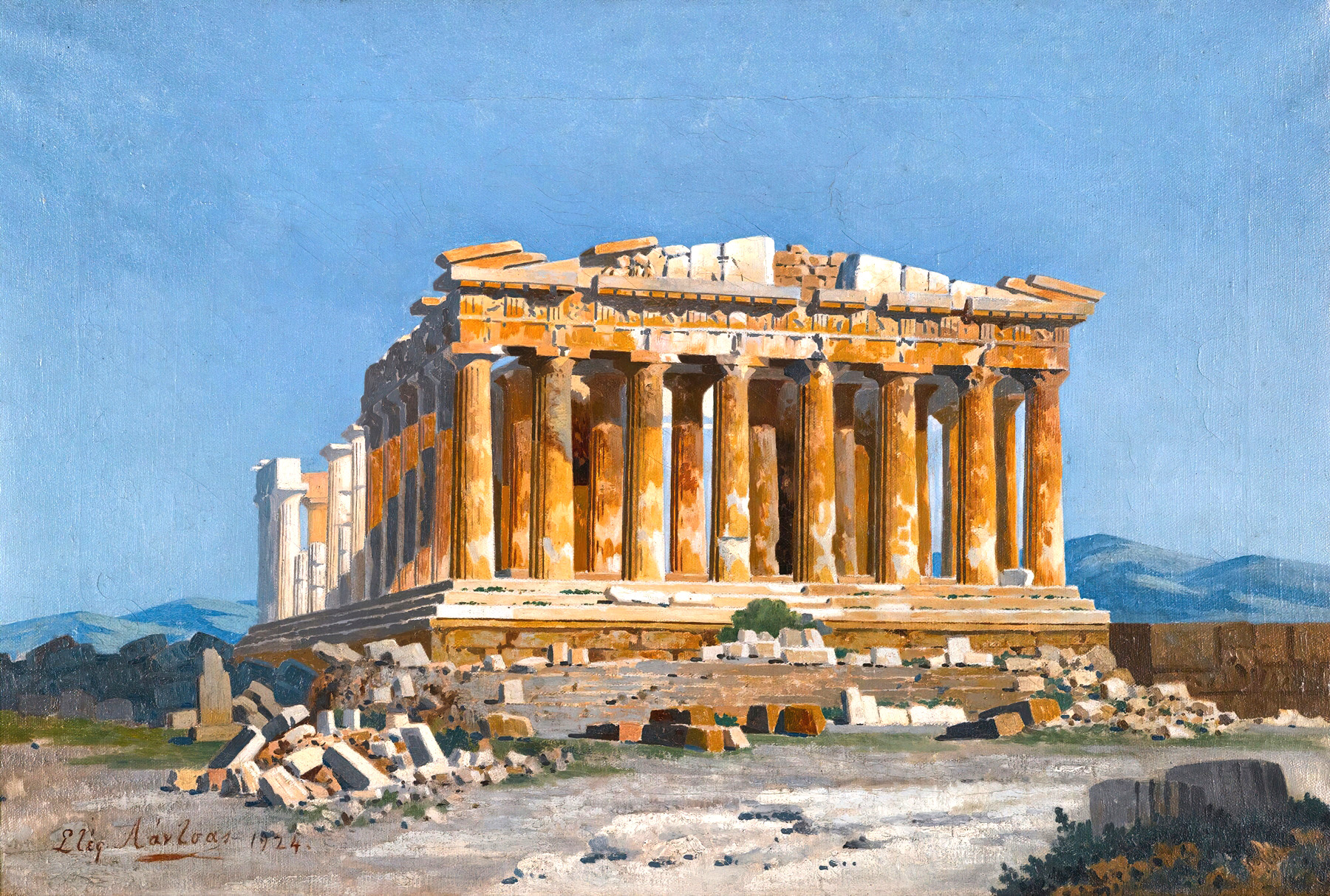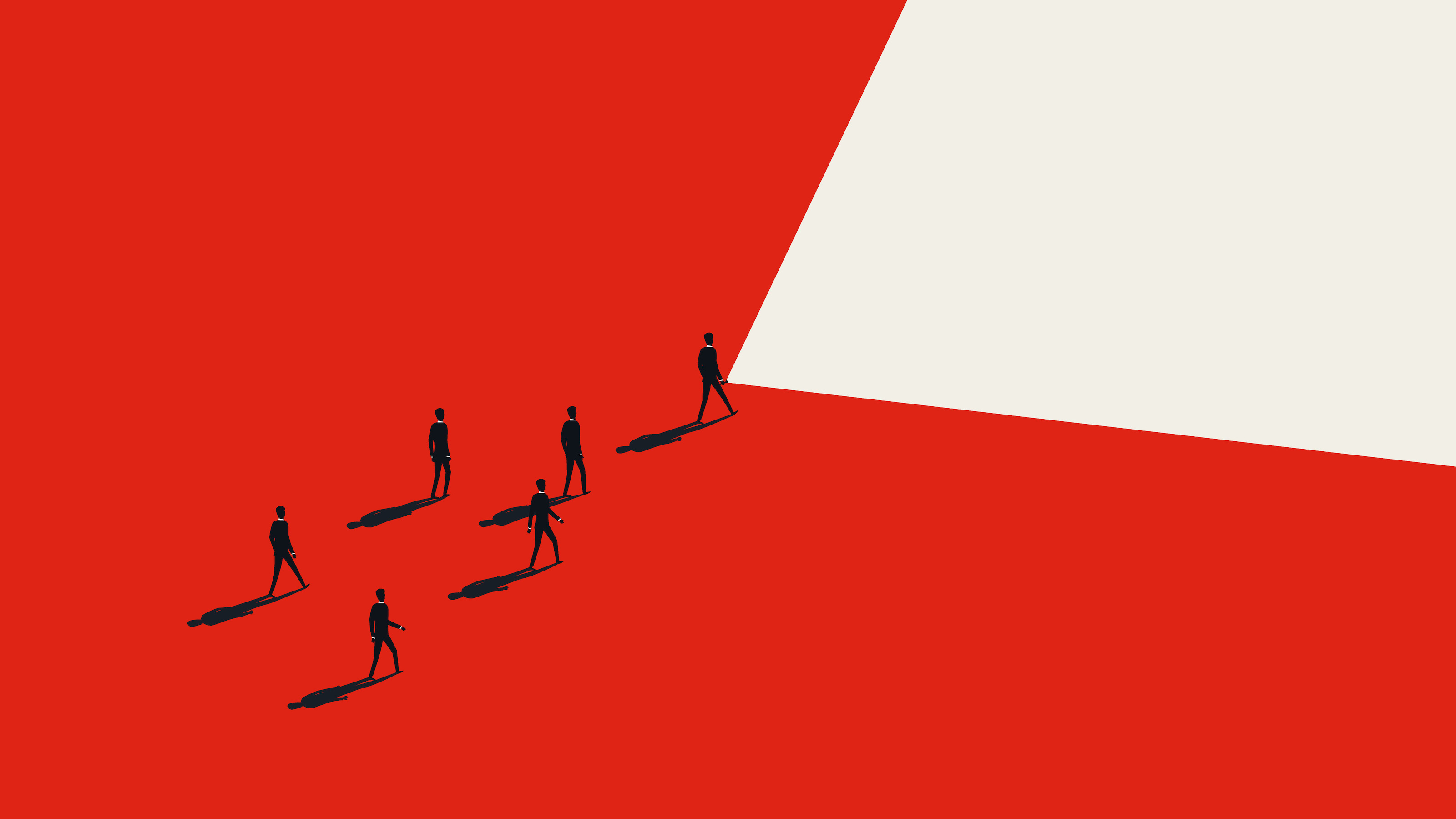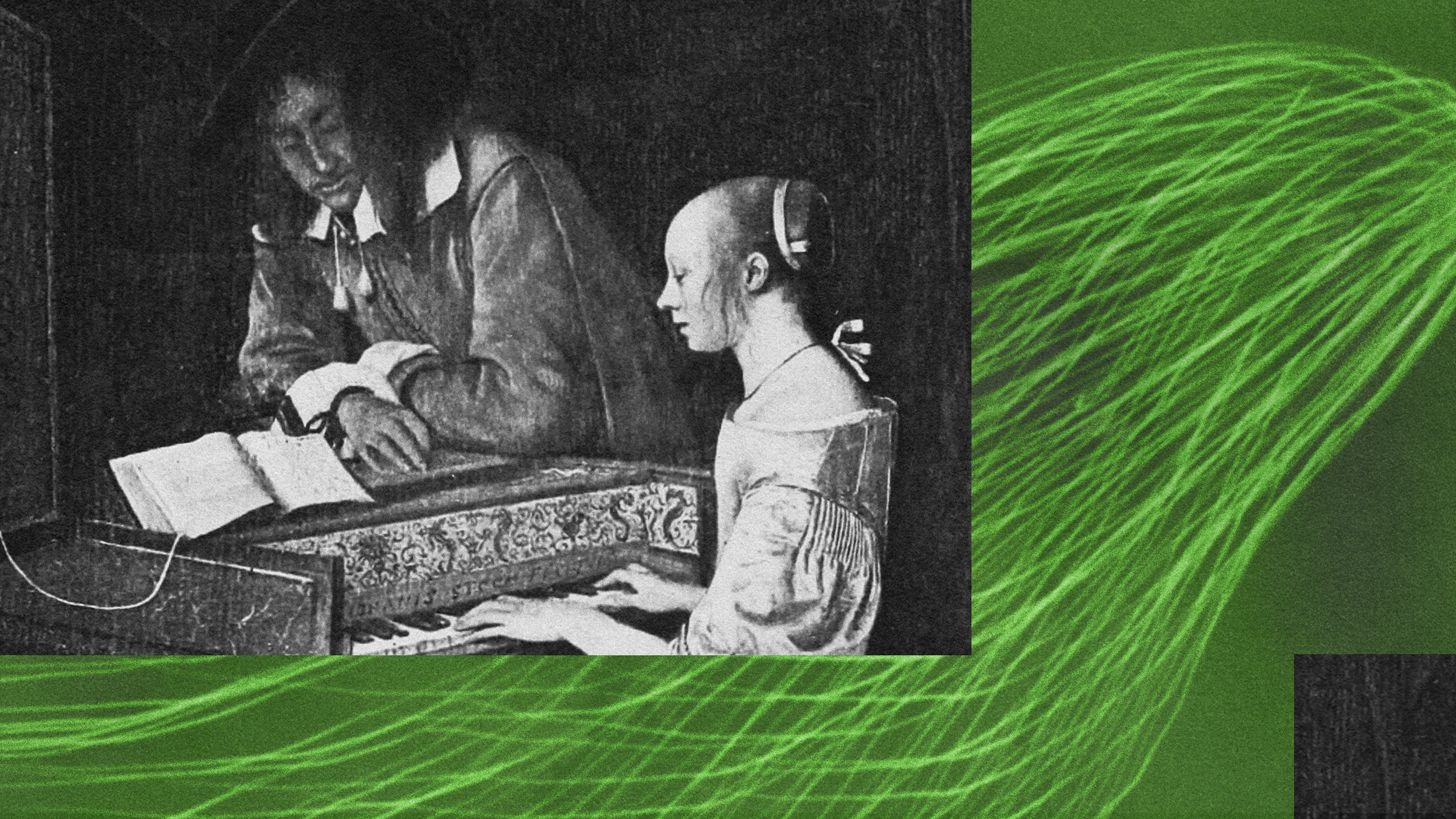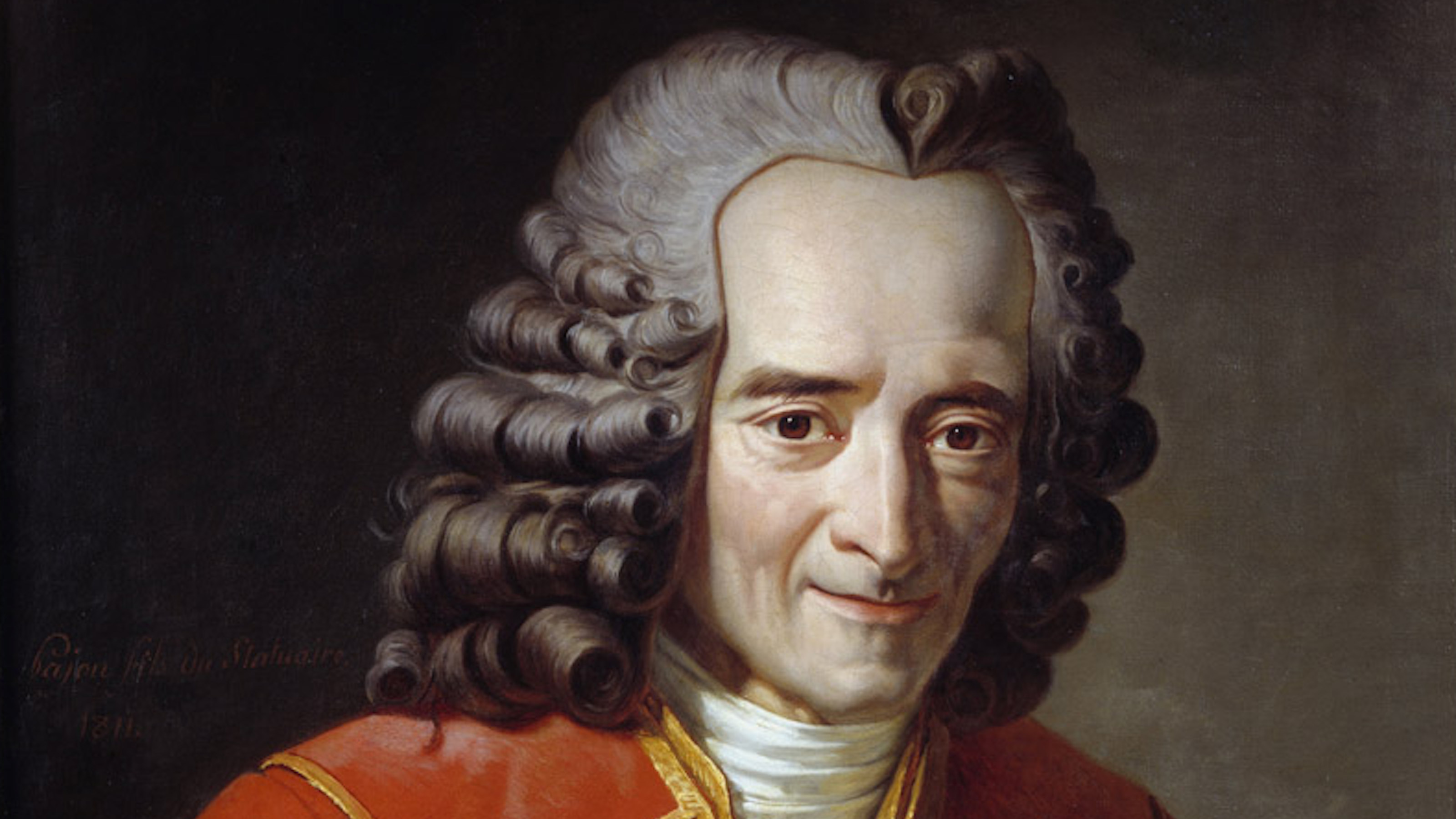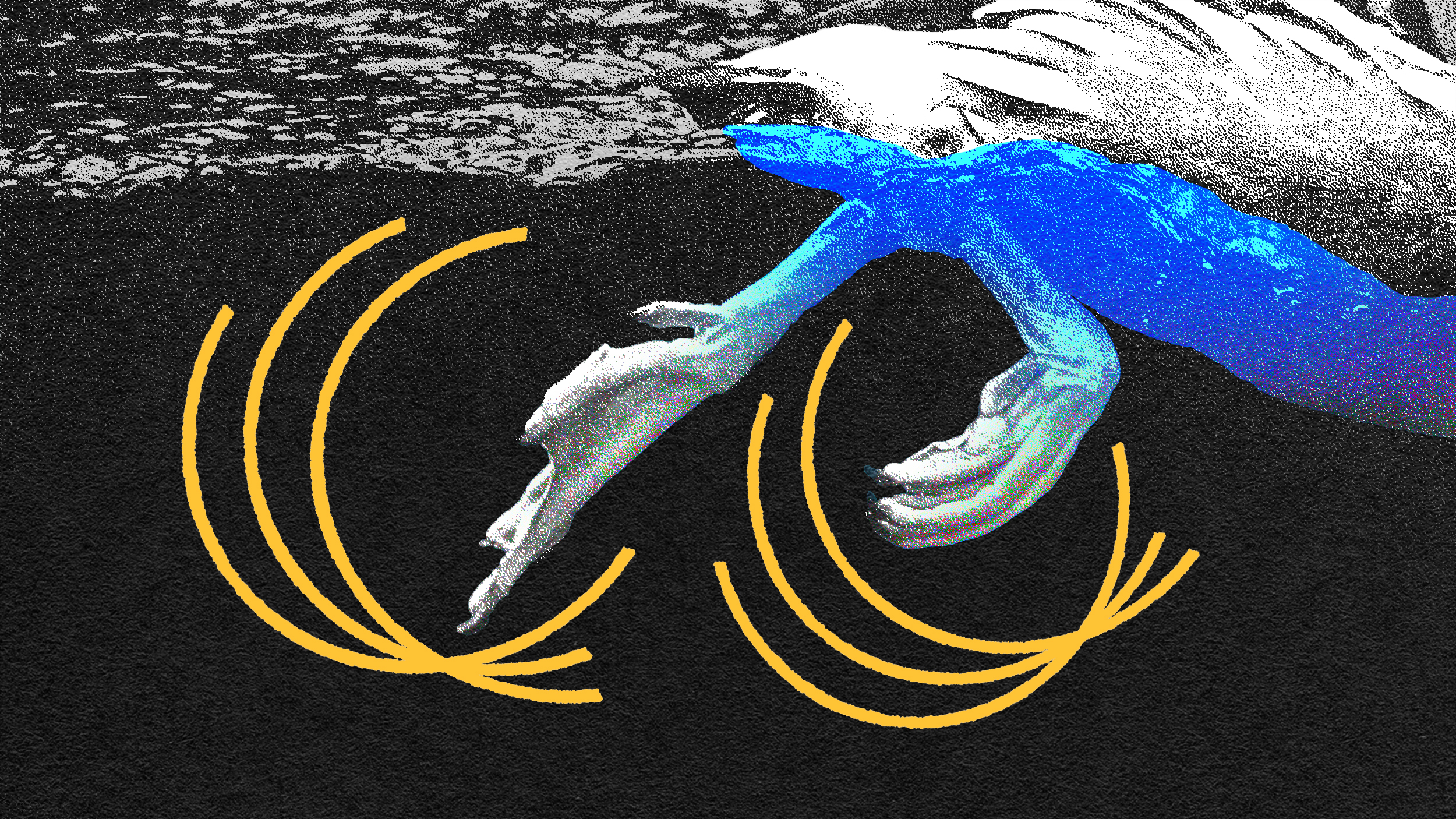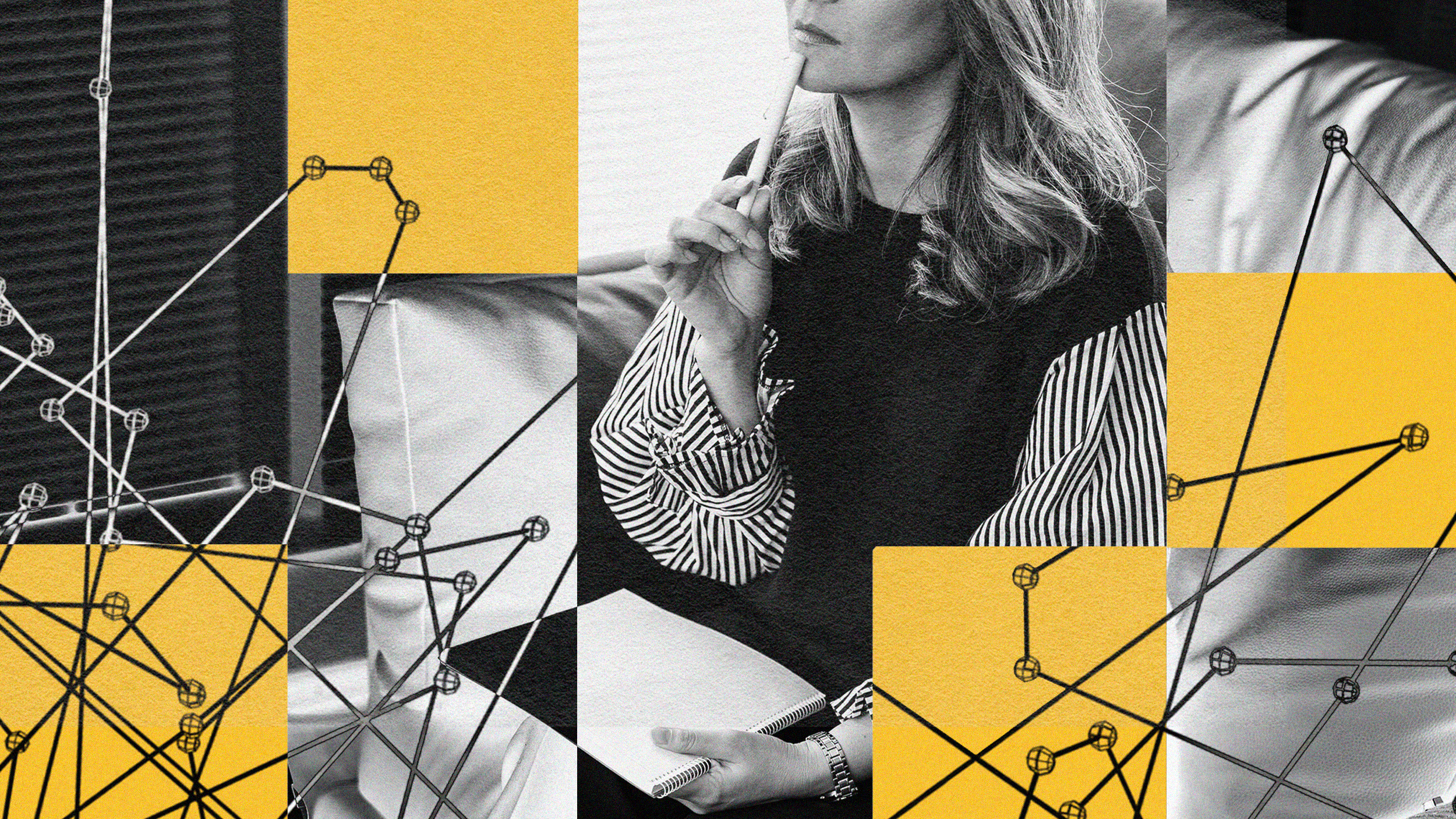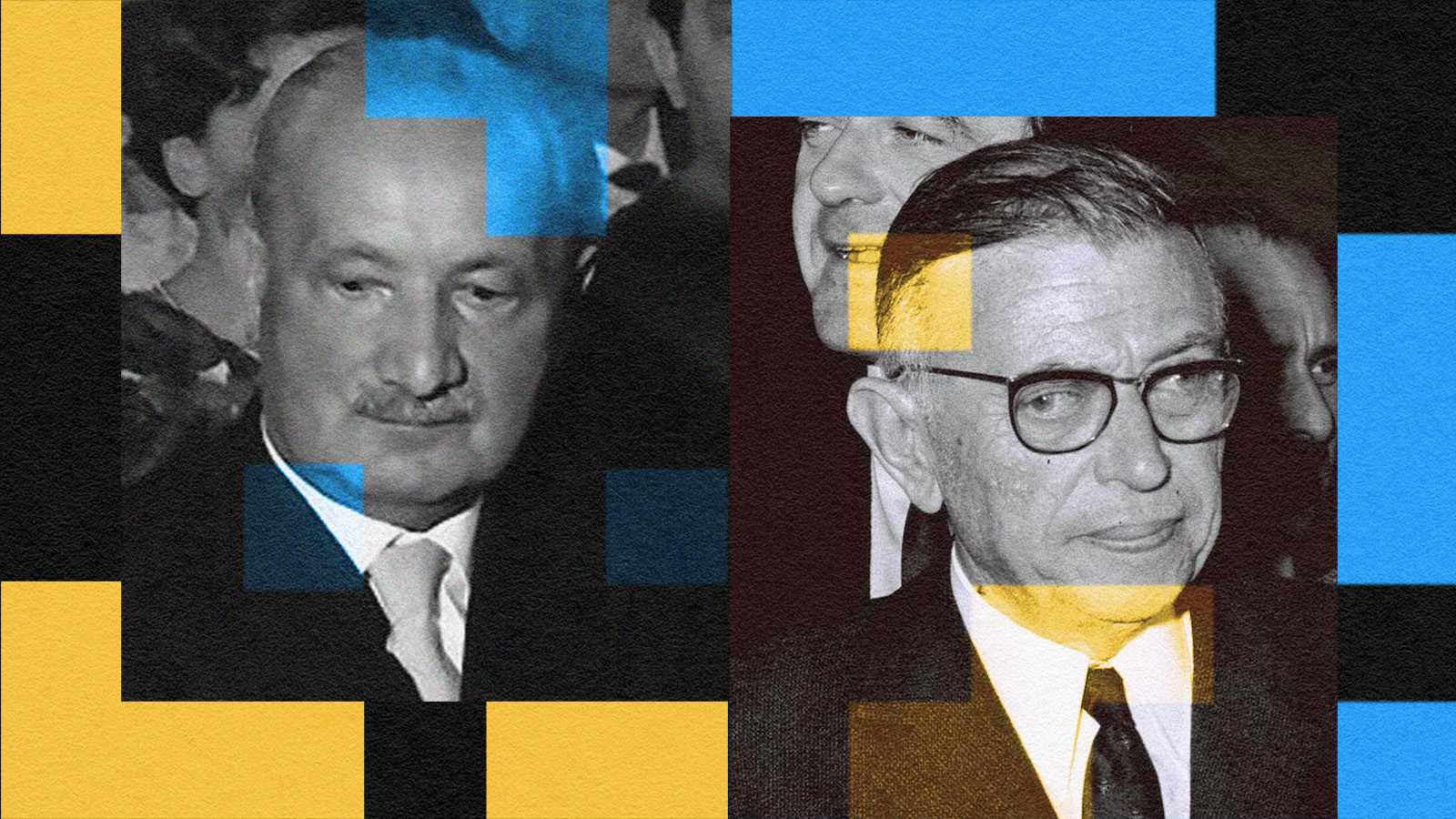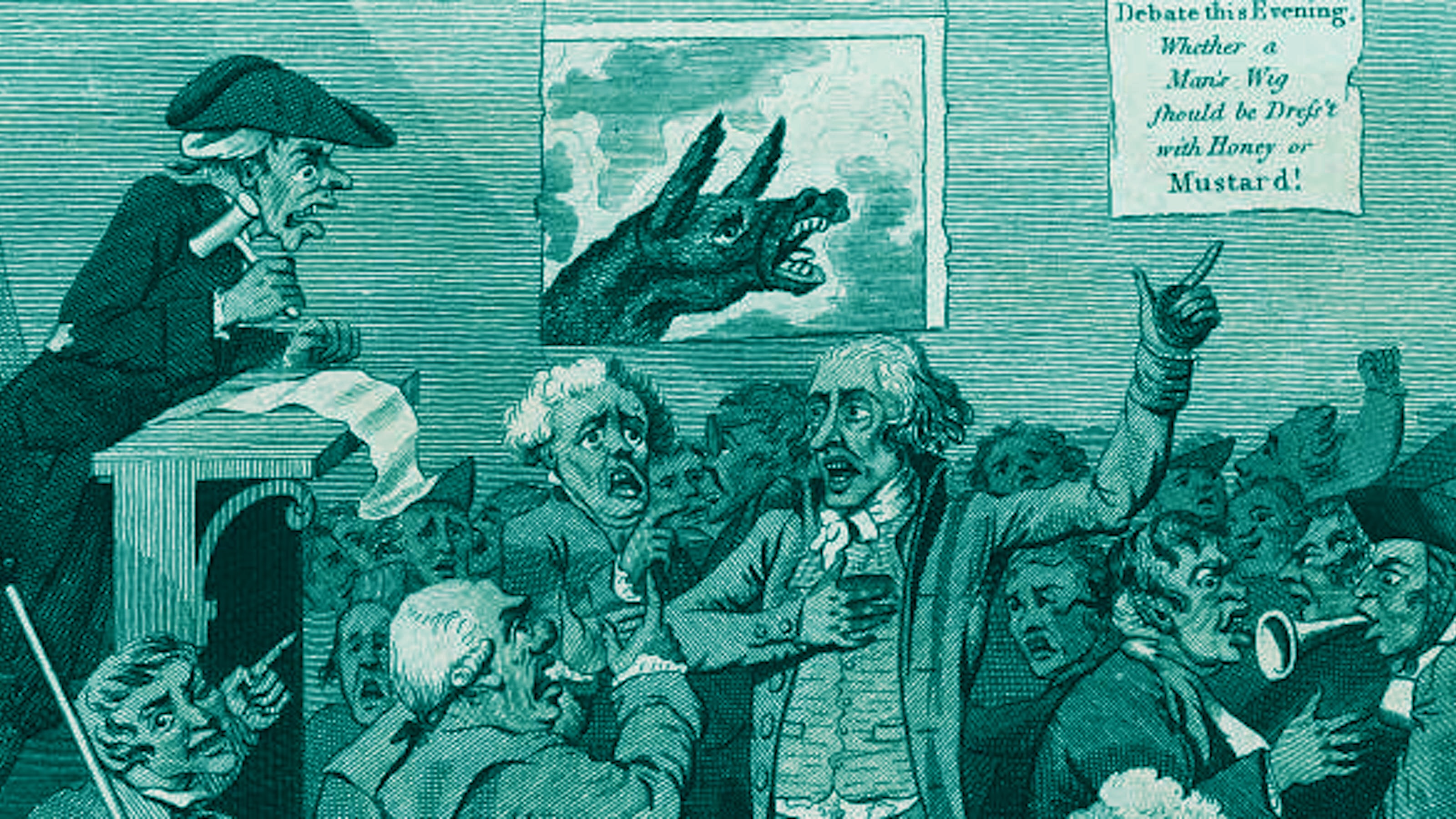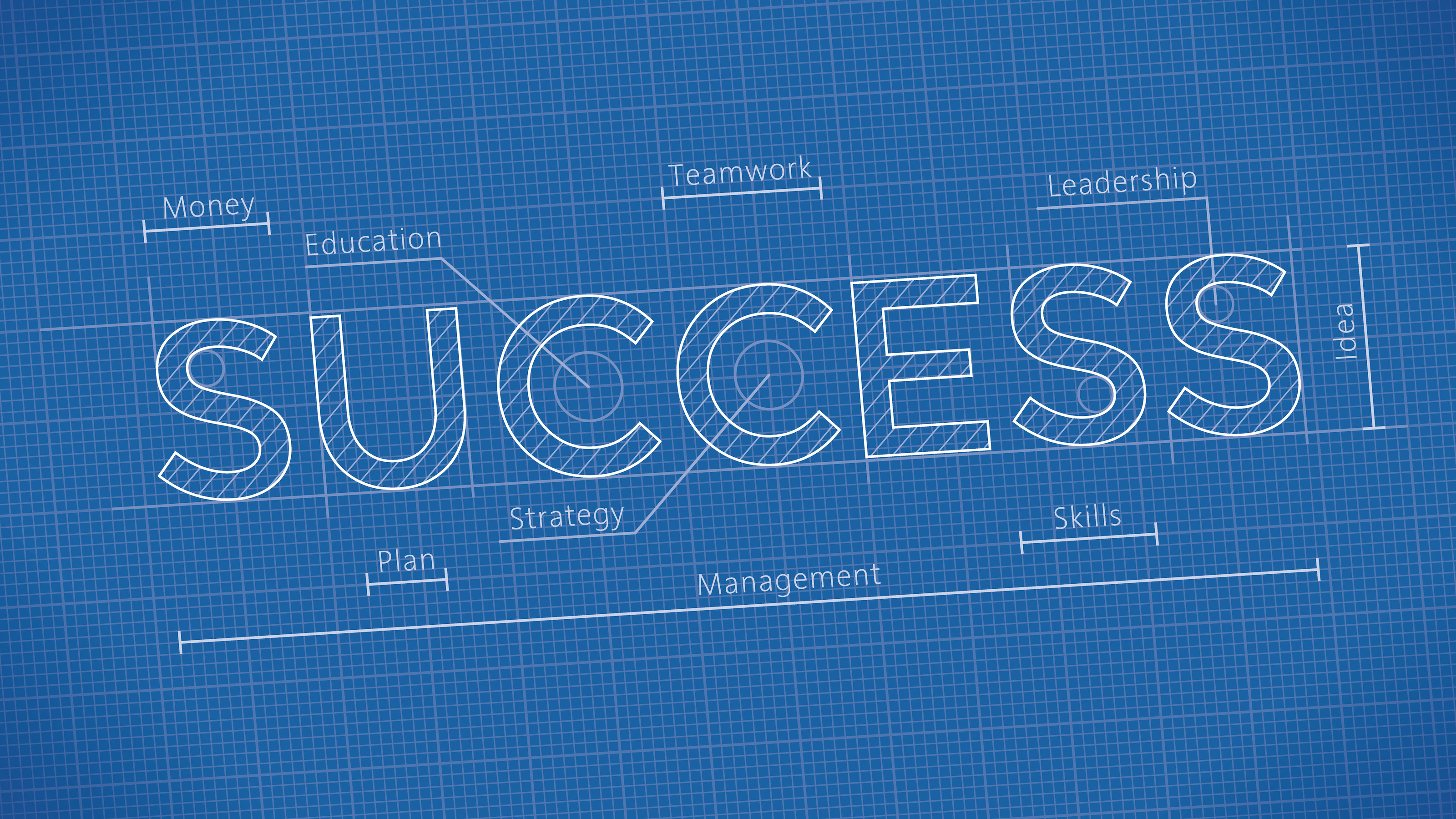lifelong learning
Chip Conley — founder and CEO of JDV Hospitality and Airbnb’s former Head of Global Hospitality and Strategy — maps out an inclusive path from hindsight to wisdom.
Whenever something goes wrong — in business as in life — we tend to get cause and effect totally muddled up.
David Novak — the cofounder, and former CEO and chairman, of Yum! Brands — celebrates the benefits of active, lifelong learning.
Josh Kaufman — best-selling author of entrepreneurial classic “The Personal MBA” — explores an essential truth about all decision-making.
Big Think asks startup legend and VC heavyweight Ben Horowitz to reflect on his bestseller “The Hard Thing About Hard Things.”
Going against the grain is often difficult — but necessary for outperformance over the long-term.
You will need determination, humility, and courage if you are to master anything.
Have you ever noticed how many things you interact with but can’t name? So did we.
How to make sure our formative tendencies don’t derail us from being the great leaders we are trying to become.
Executive coach Jodi Wellman explains how to “make it to the end with no regrets.”
Big Think Business columnist Eric Markowitz prefaces his new series on long-term thinking with the experience that almost cut his life short.
Take a seat. Take a breath. Take a break.
From flow to emotional intelligence, these insightful books feature actionable advice you can try out today.
Rhetorical mastery is within everyone’s reach — equipped with some basic techniques you can rock it like Aristotle.
Whatever your length of service in the top role, this tool-box will help you conquer adversity — and thrive.
Generative AI is arriving fast — both overtly and covertly — and without solid L&D guidance leaders and teams will be hobbled, argues Matt Beane.
The benefits of learning with guidance are clear — but the expert and the novice must have a shared understanding of the goal.
Voltaire’s wonderful satire, Candide, remains a useful work-life antidote to bogus platitudes and naive optimism.
AI looks like a natural and inevitable fit for business coaching — but some humans are wary. Here are the pros and cons.
When we view hard work as a sign of low aptitude, it harms our ability to learn and grow.
Here’s the case for why science can’t keep ignoring human experience.
Too many leaders create an imbalance between thinking and doing — but a clear vision can be sharpened through deep reflection.
Emotional intelligence (EI) is much more than a trending C-suite buzz phrase — it’s the anchor attribute of every great leader.
If the daily grind feels like Sartre’s phony act of “bad faith,” Heidegger’s sense of “being” can help redefine your role.
Want to get ahead at work? It ain’t what you say, it’s the way that you say it — and adaptability is essential.
Psychologist Noel Brick shares the mental techniques we can use to improve our performance on and off the field.
Chloé Valdary — founder of Theory of Enchantment — explores two essential practices for generating the team “magic” that drove Apple under Steve Jobs.
AI can deliver a more equitable and prosperous future — if accompanied by ethical and responsible stewardship.
When you own your career, work becomes more than a means to an end — it becomes a vehicle for growth and happiness.
While Taoism can be paradoxical and abstract, it also offers daily life lessons.
